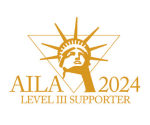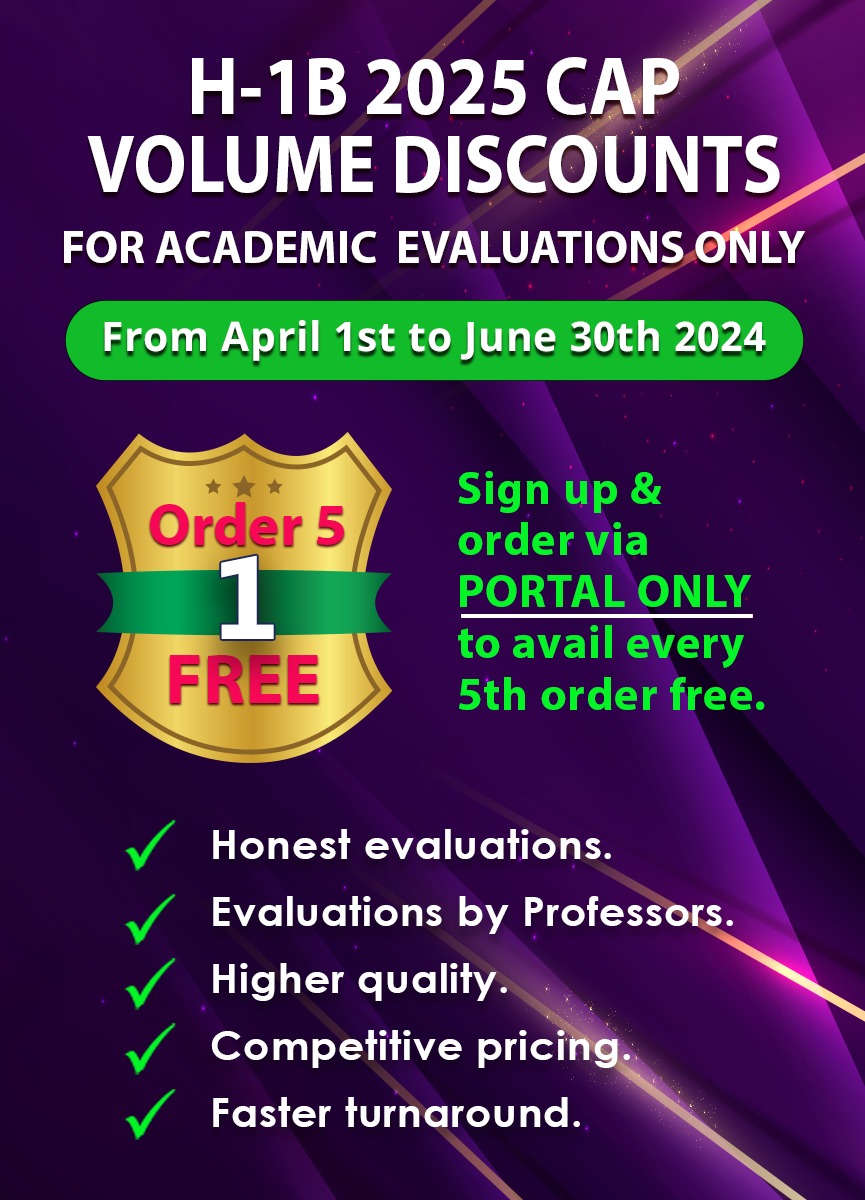It's service
 Expert Opinions
Expert Opinions
EB-2C or National Interest Waiver (NIW) Expert Opinion
The EB-2 NIW falls under the employment-based second preference green card category (EB-2). Under this category, a foreign national may seek a waiver of a job offer and therefore the labor certification/PERM process by establishing that his/her admission to permanent residence would be in the ‘national interest’ of the United States. For an NIW petition, the beneficiary needs to provide evidence of an advanced degree or exceptional ability. Additionally, the beneficiary must also meet the three (3) National Interest Waiver criteria (Matter of Dhanasar). These are:
- The proposed endeavor has both substantial merit and national importance because it:
- has national or even global implication within a particular field,
- has significant potential to employ US workers or has other substantial positive economic effects,
- will broadly enhance societal welfare or cultural or artistic enrichment,
- impacts a matter that a government entity has described as having national importance or is a subject of national initiatives.
- The beneficiary is well positioned to advance the proposed endeavor.
- It would be beneficial to the United States to waive the requirements of a job offer, and thus the labor certification.
Carnegie Evaluations’ experts can opine on the veracity of such criteria-claims, based on the documentary evidence provided.
Exceptional ability “means a degree of expertise significantly above that ordinarily encountered in the sciences, arts, or business.” The beneficiary must meet any requirements specified on the labor certification (discussed later) as applicable. In addition, the beneficiary must meet at least three of the criteria below. Carnegie Evaluations’ experts can opine on the veracity of such criteria-claims, based on the documentary evidence provided.
- Official academic record showing that the beneficiary has a degree, diploma, certificate, or similar award from a college, university, school, or other institution of learning relating to your area of exceptional ability
- Letters documenting at least 10 years of full-time experience in the beneficiary’s occupation.
- A license to practice the profession or certification for the profession or occupation.
- Evidence that the beneficiary commanded a salary or other remuneration for services that demonstrates the beneficiary’s exceptional ability.
- Membership in a professional association(s).
- Recognition for the beneficiary’s achievements and significant contributions to the industry or field by the beneficiary’s peers, government entities, professional or business organizations.
- Other comparable evidence of eligibility is also acceptable.
An Advanced Degree is any U.S. academic or professional degree or a foreign equivalent degree above that of baccalaureate, and can be established by the submission of:
- An official academic record showing that the beneficiary has a U.S. advanced degree or a foreign equivalent.
- An official academic record showing that the beneficiary has a U.S. baccalaureate degree or foreign equivalent.
- Letters from current or former employers showing that the beneficiary has at least 5 years of progressive post-baccalaureate work experience in the specialized field.
- A doctoral degree (or foreign equivalent).
For cases where the advanced degree is established through the combination of academics and work experience, Carnegie Evaluations’ experts (Professors) in the specialty can provide a credential evaluation towards a master degree equivalency in that specialty.
Document Checklist
- Professional Plan/Business Plan Document.
- All documents related to training.
- Employment letters for Advanced degree discussion; if ‘Exceptional Ability’, information on the 3 minimum USCIS criteria that the beneficiary seeks to fulfill and all supporting documents backing the claims.
- Education Documents.
- Letters of Recommendation.
- Other Supporting Documents.




 Request an Evaluation.
Request an Evaluation. Login
Login







